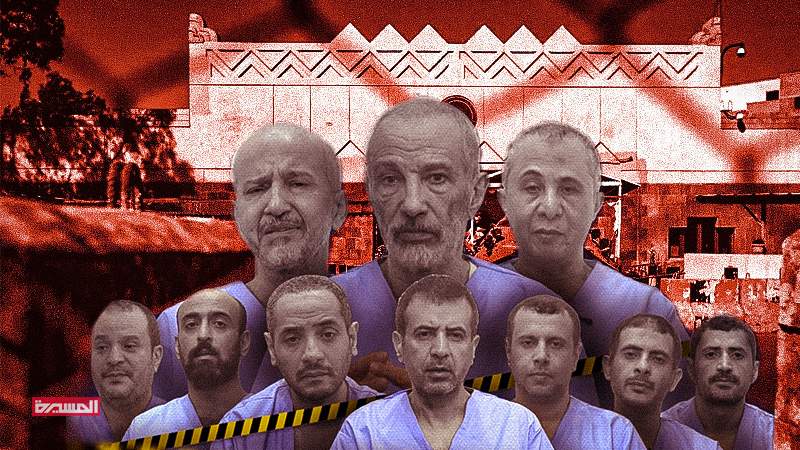LAPIS, a subsidiary of the Moby Group owned by Afghan businessman Saad Mohseni, is reported to be closely linked with the CIA. Allegations suggest that Mohseni, supported by the CIA and the US military, established Moby Group and subsequently Lapis, which opened branches in various countries, including Yemen. The Yemen branch was allegedly opened in collaboration with a Yemeni businessman associated with the CIA and known for his strong ties with the US Embassy.
In 2013, Lapis inaugurated its Yemen branch under the guise of British national Sarah Cunningham as its founder. Abdul Muin Azzan, who later served as the company’s Yemen office director from March 2015, claimed that the company functioned as a soft power arm of the CIA. According to Azzan, Lapis operated on two main fronts in Yemen: information gathering and media campaigns.
Azzan revealed that Lapis conducted comprehensive studies and surveys across political, economic, cultural, and developmental fields. The company's operations involved creating detailed landscape reports on the Yemeni media scene, analyzing various media channels including television, radio, print, and online outlets. These studies categorized media based on popularity, content, and political orientation, providing insights into the most influential media channels and public figures.
Lapis also executed extensive media campaigns aimed at altering public opinion in Yemen. Utilizing data from its media landscape studies, the company identified the most effective channels and messages to influence Yemeni citizens. These campaigns spanned across different media formats, including print, broadcast, and social media.
Azzan detailed how Lapis used these studies to shape media campaigns that aimed to change public perceptions and sway opinions on various issues. He stated that the company’s research extended to understanding Yemeni consumer preferences and purchasing power, which was shared with American and British traders to facilitate market entry strategies in Yemen.
Furthermore, Lapis’ studies on Yemeni citizens' inclinations and challenges were reportedly shared with entities such as the US Department of Defense and the CIA. These insights were potentially used for military, security, political, and economic purposes.
In 2017, Lapis undertook a project on peace journalism in Yemen, funded by the Middle East Partnership Initiative (MEPI) in Washington and managed by IREX, an American organization operating in Jordan. The project involved workshops, meetings, and training sessions in Sana’a and Aden, targeting journalists from various regions, including those under and outside Ansar Allah control. The aim was to recruit and utilize these journalists as influential agents capable of accessing information and shifting public perceptions.
Azzan emphasized that the peace journalism project was strategically implemented to recruit journalists who were trained to become influential figures capable of gathering and disseminating information. The project aimed to address various issues, including peace-related topics, and was conducted simultaneously in Sana’a and Aden to maximize its reach and impact.







